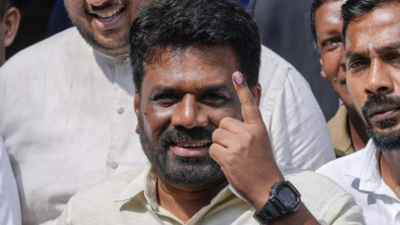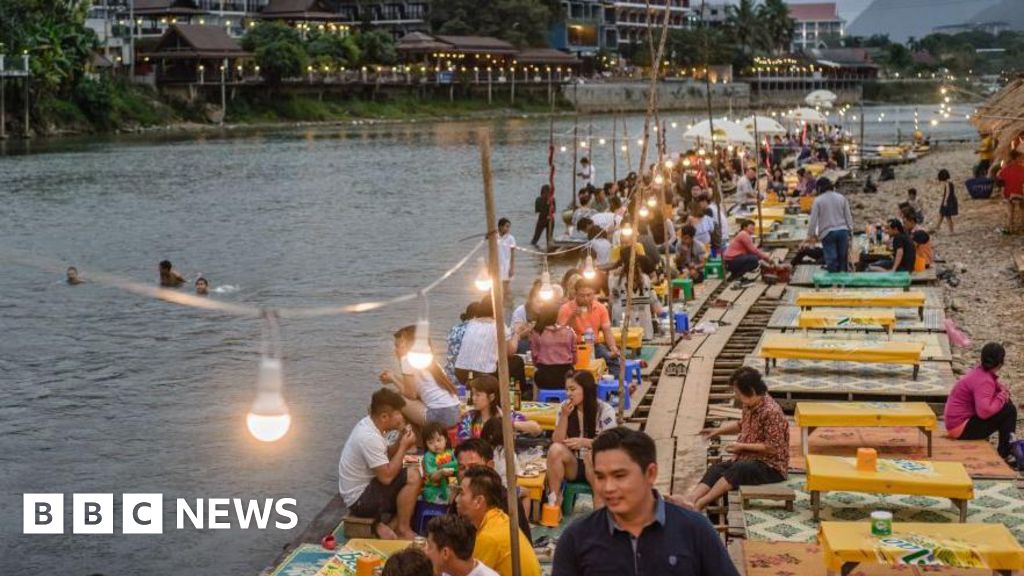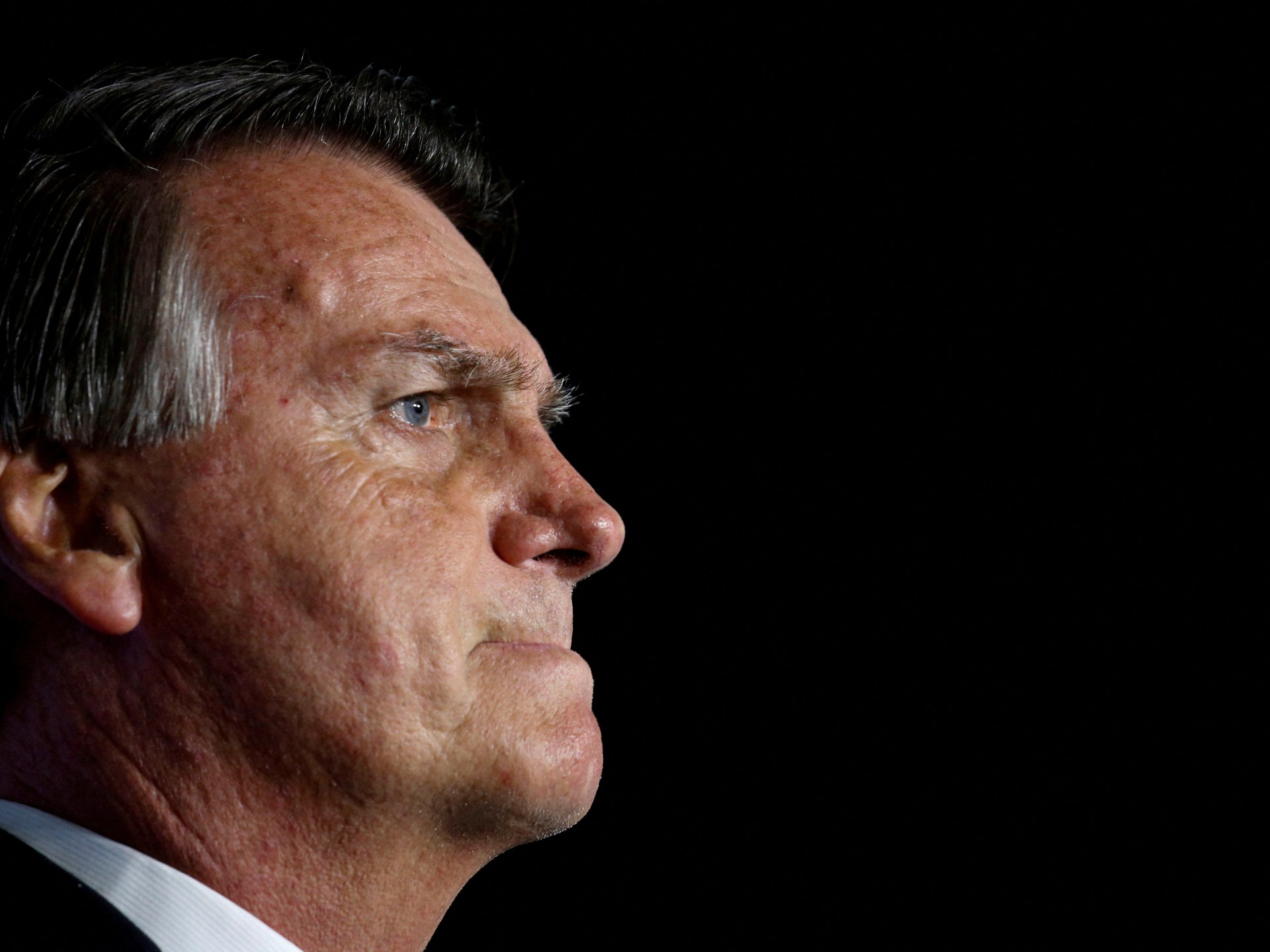
Sri Lankan President Anura Kumara Dissanayake's party set for absolute majority
Sri Lanka's National People's Power (NPP) party, led by President Anura Kumara Dissanayake, is set secure majority in the parliamentary snap elections. By Friday at 6 am (local time), the NPP had secured 52 seats, with about 62 per cent of the national vote, totaling over 4.4 million votes. The party currently holds 35 seats through district-based proportional representation.
The opposition parties have suffered significant losses, with the Samagi Jana Balawegaya (SJB) receiving 18 per cent and the National Democratic Front (NDF), supported by former president Ranil Wickremesinghe, obtaining less than 5 per cent of votes. The SJB has secured 8 seats, whilst the NDP has obtained just one seat.
The Sri Lanka People's Front (SLPP), associated with the Rajapaksa family, has managed to secure 2 seats despite ranking fourth in the vote count.
Political observers indicate that the NPP has achieved a substantial improvement compared to the September presidential election. They anticipate the party will surpass 150 seats, securing an absolute majority in the 225-member assembly.
As the island nation awaits the final results for the elections held on November 14, Dissanayake's NPP, founded in 2019, is vying to secure a majority to implement key anti-poverty reforms and tackle economic challenges following Sri Lanka’s severe financial crisis. This crisis led to the ousting of former President Gotabaya Rajapaksa in 2022 and prompted a $2.9 billion IMF bailout.
Dissanayake, who won the presidency in September, faces opposition from Sajith Premadasa's United People's Power and conservative factions. A win for the NPP would mark the first time a leftist coalition controls both the presidency and parliament, potentially shifting Sri Lanka’s policies toward a socialist approach and redefining its international relations, particularly with China and India.

 6 days ago
6
6 days ago
6








